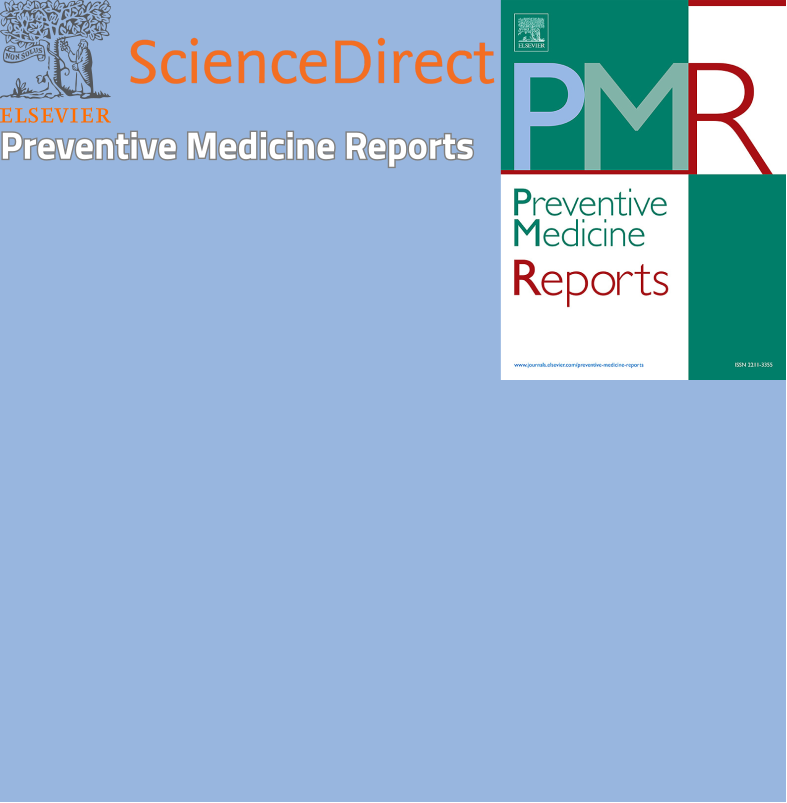موقع حكومي رسمي تابع لحكومة المملكة العربية السعودية
كيف تتحقق
روابط المواقع الالكترونية الرسمية السعودية تنتهي بـedu.sa
جميع روابط المواقع الرسمية التعليمية في المملكة العربية السعودية تنتهي بـsch.sa أو edu.sa
المواقع الالكترونية الحكومية تستخدم بروتوكولHTTPS للتشفير و الأمان.
المواقع الالكترونية الآمنة في المملكة العربية السعودية تستخدم بروتوكول HTTPS للتشفير.
مسجل لدى هيئة الحكومة الرقمية برقم:
20241028333يستخدم موقع جامعة جدة ملفات تعريف الارتباط لضمان سهولة الاستخدام و تحسين تجربتك أثناء التصفح. من خلال الاستمرار في تصفح الموقع, فانك توافق على استخدام هذه الملفات. نرجو منك مراجعة الشروط و الأحكام و السياسات المتعلقة بذلك



الطقس

جدة
صافي
C
24
C
20.2

خليص
صافي
C
23.7
C
16.3

الكامل
صافي
C
21.5
C
11.5
الأحداث
يناير
09
يناير
إجازة منتصف العام
08:00 صباحا
-
10:00 مساء
18
يناير
بداية الفصل الدراسي الثاني للعام الجامعي 1447ه
08:00 صباحا
-
04:00 مساء
جامعة جدة
ديسمبر
21
ديسمبر
الإختبارات النهائية للفصل الدراسي الأول
08:00 صباحا
-
04:00 مساء
جامعة جدة
المسح والاقتراع
ما مدى رضاك عن تصميم الموقع الالكتروني الجديد لجامعة جدة؟
ما مدى رضاك عن تصميم الموقع الالكتروني الجديد لجامعة جدة؟
إطلاق تجريبي


-
الجامعة

عن الجامعة
القيادة العليا
الوكالات
العمادات المساندة
الوحدات والمراكز
الإدارات
- أمانة المجلس العلمي
- إدارة الحوكمة والالتزام
- الأمانة العامة لأوقاف جامعة جدة العلمية والطبية
- إدارة مصادر المعرفة
- أمانة مجلس الجامعة
- إدارة المنح الدراسية والتبادل الطلابي
- إدارة استقطاب ورعاية الموهوبين
- إدارة المراجعة الداخلية
- الإدارة العامة للاتصال المؤسسي
- إدارة الأمن السيبراني
- إدارة الاستثمار
- إدارة التحول الرقمي وتقنية المعلومات
- إدارة التطوع والمسؤولية المجتمعية
- الإدارة العامة للموارد البشرية
- إدارة التوجيه والتأهيل المهني
- إدارة الخدمات الطبية
- الإدارة العامة للشؤون المالية
- إدارة المخاطر واستمرارية الأعمال
- إدارة التعلم الإلكتروني والتعليم عن بعد
- إدارة الاتصالات الإدارية
- الإدارة القانونية
- إدارة التخطيط والميزانية والمتابعة
- إدارة المعامل والوسائل التعليمية
-
القبول

درجة البكالوريوس
درجة الدبلوم
الدراسات العليا
البرامج القصيرة
صفحات شائعة
-
البحث والابتكار

الكراسي والجمعيات البحثية
المجلات العلمية
-
الكليات

العلوم والهندسة
الصحة والطب
الأعمال والإدارة
العلوم الإنسانية والتربوية
الإعلام والفنون والرياضة
- الحياة في الجامعة






